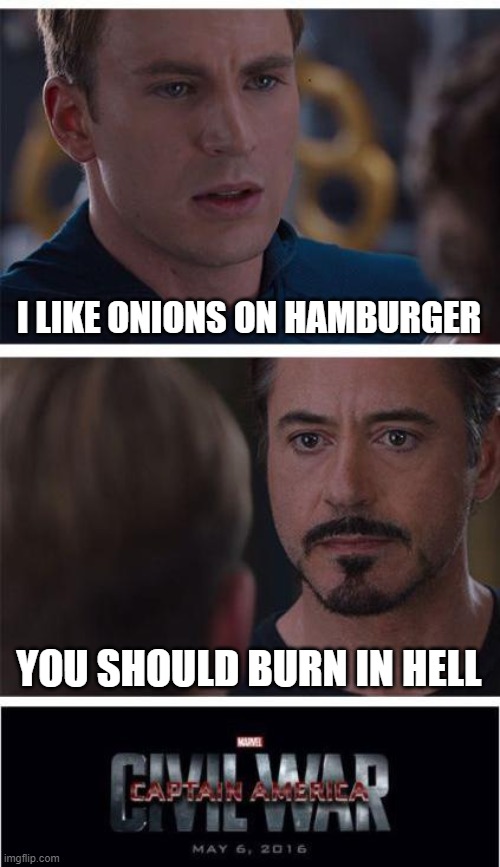

Soon, the GIs were schmoozing their way down every high street and whisking British women off their feet, showering them with gifts and showing them a daring new dance move called the jitterbug. To beleaguered British women they were a glamorous, colourful escape from a world of powdered egg and war work. With their chewing gum, louche demeanour, exotic accents and Lucky Strike smokes, they weren’t just a welcome sight, they were virtually a different species. Their smartly tailored uniforms, which made it difficult to tell a private from an officer, stood in stark contrast to the British troops’ plain serge battledress. A private in the British Army was paid 14 shillings a week, whereas a private in the US Army received £3 and 8 shillings. They were better paid and better dressed than the British Tommies. These GIs (which stands for Government Issue) made up what is now known as the ‘friendly invasion’.īy May 1944 – in preparation for the Allied D-Day invasion of Normandy, which would take place the following month – there were over 1.5 million American GIs crammed on to our scruffy, threadbare island. Over the next two years, an influx of US aircrew and soldiers arrived in the UK ready to enter Nazi-occupied Europe. In the spring of 1942, the Yanks, as they were known, didn’t just leapfrog over theatre seats – an entire generation of young American men crossed an ocean to arrive on our war-torn shores.Įighty years ago this week – on 7 December 1941 – the Japanese attacked Pearl Harbor, a US Navy base in Hawaii, which prompted the United States to enter the Second World War and join the Allies in the fight against the Axis powers of Japan, Germany and Italy. Restrained London audiences have never seen behaviour like it. Soon the whole front row is filled with boisterous, cigar-chomping young men, all eager to get close to the beautiful young women on stage. ‘Shake it, sister!’ whoops a particularly enthusiastic GI as he vaults the red-velvet seat and takes the lead. The ‘steeplechase race’ to get the coveted front-row seats of the Windmill Theatre has begun.

Theatregoers look around nervously, but this is no bombing raid. It starts as a low rumble, then the ground begins to tremble. It’s a steamy summer night in wartime Soho. Getting the party started – American troops and their friends celebrate VE Day in Piccadilly Circus, central London,


 0 kommentar(er)
0 kommentar(er)
